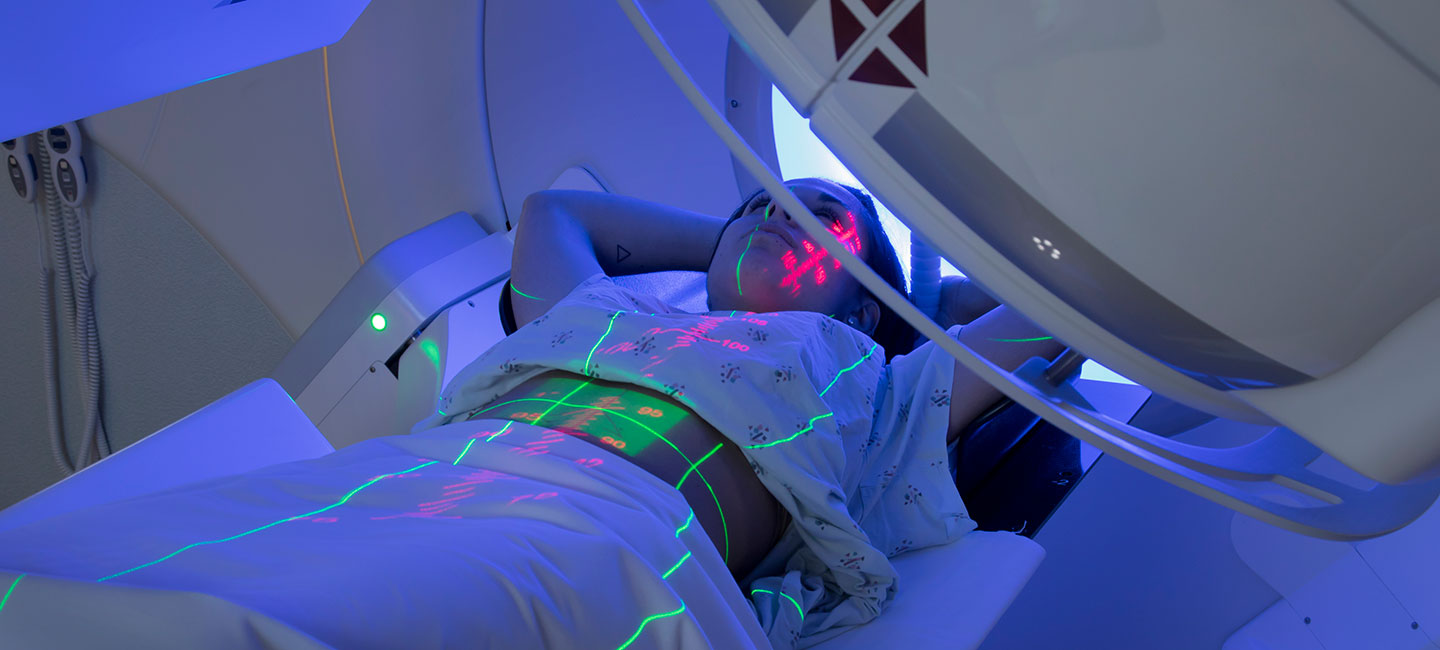Report Shows COVID’s Impact on Cancer Care, Research
For the past few decades, researchers across the globe have made incredible strides in the fight against cancer. But as the pandemic continues to present new challenges for those in the health care industry, researchers and cancer patients are already seeing the negative impacts.
A recent report, published by the American Association for Cancer Research, detailed the burden COVID-19 has presented to cancer patients, as well as its impact on the development of cancer research.
The Impact of COVID-19 on Patients with Cancer
Cancer patients have been one of the most vulnerable populations during the pandemic. Research shows they are at an increased risk for COVID-19 infection and severe disease.
While most patients are protecting themselves by getting vaccinated, it doesn’t always help those with hematologic cancers or patients receiving B cell target therapeutics, as they have shown poor responses to the vaccine, according to the report.
Due to the pandemic, those facing cancer have also experienced delays in primary treatments such as chemotherapy, immunotherapy, radiotherapy and surgery. These delays have caused a ripple effect, not only leading to potentially worse outcomes but also causing other concerns.
“The pandemic has negatively impacted the mental health of cancer patients and survivors, leading to a higher burden of symptoms such as anxiety and stress. Poor mental health negatively impacts both adherence to treatment and behavioral lifestyles, which ultimately can lead to adverse outcomes,” said Dr. Jessica Islam, an epidemiologist in Moffitt Cancer Center’s Cancer Epidemiology Program.

In addition to delays in cancer treatments, the pandemic has also caused a rapid decline in cancer screenings and diagnoses. From January to July of 2020, nearly 10 million cancer screenings were missed. Researchers fear that the missed screenings will lead to an increase in advanced-stage cancer diagnoses and cancer-related mortality in the coming years.
The report also highlights the concerns that the pandemic may have worsened cancer health disparities. Racial and ethnic minorities and other medically underserved communities have been disproportionately affected by COVID-19 and also more affected by pandemic-related disruptions to the cancer care continuum.
“Given that racial and ethnic minorities are more likely to develop COVID-19, cancer patients from minoritized communities are at particular risk for comorbid COVID-19 and severe outcomes,” said Islam. “Based on analyses using the ASCO COVID-19 and Cancer Registry, my group has demonstrated that racial and ethnic minority cancer patients with SARS-CoV-2 are more likely to experience cancer care delays or discontinuations during the pandemic period even after accounting for important factors such as COVID-19 severity, cancer stage and cancer type.”
Islam says the long-term negative effects of these treatment decisions during the pandemic will need to be monitored in the coming years, particularly the potential for a widening disparity in cancer outcomes between white, Black and Hispanic/Latino cancer patients.
The Impact of COVID-19 on Cancer Research
Cancer researchers have also dealt with challenges during the pandemic. According to a recent American Association for Cancer Research survey, 99% of the cancer researchers that responded said the pandemic caused interruptions in their cancer research and clinical trials and led to closures of research laboratories. The report also highlights a decrease in productivity and a delay in career advancement.
Despite the hardships, researchers and physicians discovered innovative ways to continue their cancer care through telehealth. Health care organizations like Moffitt had a significant increase in their telehealth visits during the pandemic.
From the report findings, the association is calling on Congress to invest in medical research and the workforce, expand access to health care and telehealth, and strengthen and modernize clinical trial development.
Patients with cancer are not only at increased risk for #COVID19, but also face cancer treatment delays and interruptions due to the pandemic, potentially worsening their cancer outcomes, according to a new report on COVID and cancer from the @AACR. https://t.co/npPkK2sHFe pic.twitter.com/8Fk18eQqfJ
— AACR (@AACR) February 13, 2022



